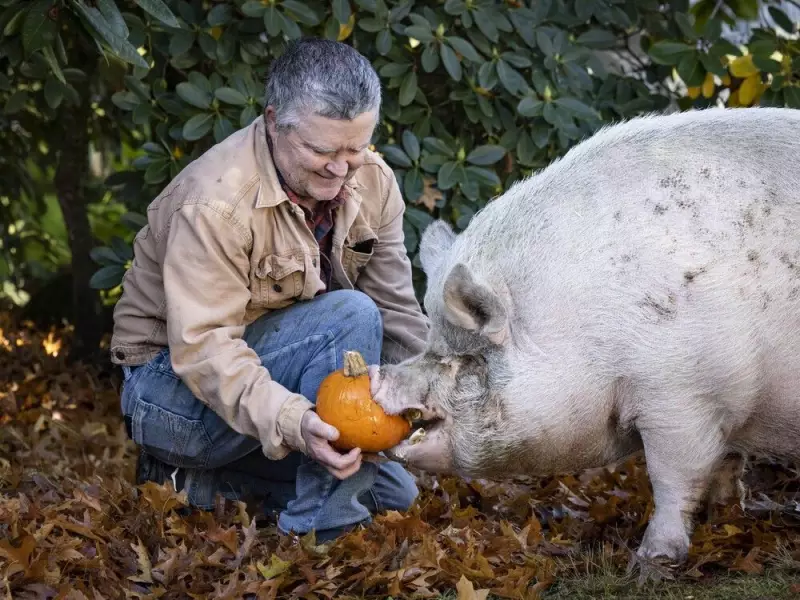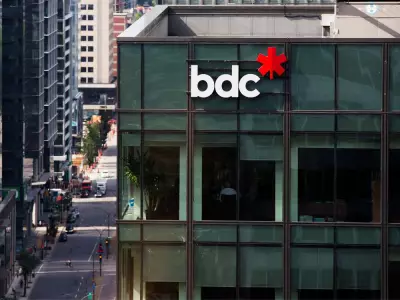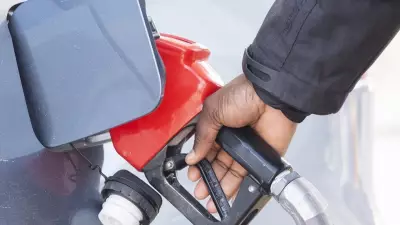
While most Halloween pumpkins end up in landfills, one innovative Abbotsford farm has discovered a sweet solution that benefits both the environment and rescued animals. Instead of watching perfectly good pumpkins rot in garbage bins, farmers are redirecting these seasonal leftovers to hungry residents at local animal sanctuaries.
The Great Pumpkin Rescue Operation
Each November, farms across British Columbia face the same dilemma: what to do with thousands of unsold Halloween pumpkins. Traditionally, these vibrant orange squashes would join the growing pile of post-holiday waste. However, forward-thinking agricultural operations have transformed this problem into an opportunity.
"We realized we were sitting on a goldmine of potential animal food," explains one local farmer. "Instead of watching them decompose uselessly, we can provide nutritious meals to animals in need."
Nutritional Bonanza for Rescued Residents
The pumpkin redistribution program has become a win-win scenario for everyone involved. Local animal rescue centers report that their residents eagerly anticipate the seasonal treat.
- Farm Animals: Goats, sheep, and pigs delight in the sweet, fleshy interiors
- Small Animals: Rabbits and guinea pigs enjoy both flesh and seeds
- Wildlife: Even local deer populations benefit from the unexpected bounty
Pumpkins provide essential vitamins and minerals that support animal health during the colder months. The high fiber content aids digestion, while the natural sugars offer quick energy.
Environmental Impact Beyond the Farm Gate
This initiative addresses a significant environmental concern. When organic matter like pumpkins decomposes in landfills, it produces methane—a potent greenhouse gas with 25 times the global warming potential of carbon dioxide.
By redirecting pumpkins to animal consumption, farms are:
- Reducing methane emissions from landfills
- Minimizing transportation to waste facilities
- Creating natural, locally-sourced animal feed
- Educating communities about sustainable practices
Community Connections Grow Stronger
The program has sparked unexpected community engagement. Local residents now actively seek out participating farms to donate their household pumpkins rather than discarding them. This has created new conversations about food waste, sustainable agriculture, and animal welfare.
"We've seen families bring their children to witness the animals enjoying their former jack-o'-lanterns," notes a sanctuary manager. "It's become an educational moment that connects people to their food and the animals in their community."
As this sustainable practice gains momentum, it demonstrates how simple, localized solutions can address broader environmental challenges while strengthening community bonds and supporting animal welfare.





